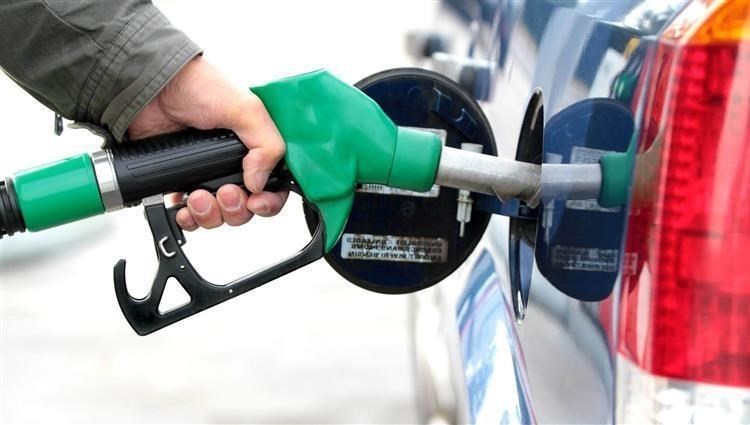The operators of modular refineries in Nigeria claimed on Sunday that when the Dangote Petroleum Refinery and other indigenous producers begin huge output, the pump price of Premium Motor Spirit, also known as petrol, could drop to roughly N300/litre.
They emphasized that foreign refineries were taking advantage of Nigeria, but they also pointed out that this would only be possible if the government made sure that local refiners had access to enough crude oil.
Speaking on behalf of the Crude Oil Refinery Owners Association of Nigeria, they clarified that whenever gasoline is produced in large quantities in Nigeria, it will affect petrol prices in the same way that it did for diesel once Dangote began producing it.
Nigerian modular and conventional refinery firms are recognized as members of CORAN.
“A lot of companies today benefit from the importation of petroleum products at the expense of Nigerians,” the Publicity Secretary, CORAN, Eche Idoko, stated.
“If we begin to produce PMS today in large volumes, I can assure you that we should be able to buy PMS at N300/litre as the pump price, provided there is adequate crude oil supply,” he said to our correspondent.
“Why make Nigerians buy it at almost N700/litre when you know that if you allow refineries to work the price will come down? Is it because you want to satisfy the global refiners abroad that are making so much from us?”
The CORAN official argued that gasoline prices would skyrocket once it is manufactured in large quantities by domestic refiners, despite concerns that such a price decrease is not feasible because crude oil, the basic material for PMS, is priced in dollars.
He said, “We were selling diesel for N1,700 to N1,800/litre, but as soon as Dangote refinery started production he brought down the price to N1,200/litre. What other proofs do you need?
There is every indication that diesel prices will continue to decline before December as I speak to you. Our exchange rate is the only factor keeping diesel prices above N1,000 per litre.
“If the exchange rate drops, diesel will drop below the N1,000/litre price. Now the exchange rate concern is because Dangote imports crude. If he is not importing, the exchange rate may not have so much effect, though he is still buying crude in dollars (in Nigeria) anyway.”
According to The PUNCH on May 18, 2024, Aliko Dangote, the richest man in Africa, announced that Nigeria would no longer require gasoline imports as of June of this year, under the Dangote refinery’s established plans.
Additionally, Dangote has claimed that his refinery could supply all of West Africa’s demands for gasoline and diesel, as well as aviation fuel. Speaking at the Africa CEO Forum Annual Summit in Kigali, he expressed hope for changing the continent’s energy situation.
“Right now, Nigeria has no cause to import anything apart from gasoline (petrol) and by sometime in June, within the next four or five weeks, Nigeria shouldn’t import anything like gasoline; not one drop of a litre,” the billionaire had declared.
Nigeria has experienced a decline in crude oil production in recent years as a result of rising crude oil theft incidents, the departure of oil majors from the nation, and heightened unrest in the Niger Delta.
The Organization of Petroleum Exporting Countries (OPEC) was forced to lower its 2024 production allotment due to Nigeria’s recent inability to meet its 1.75 mbpd OPEC output quota for 2023.

